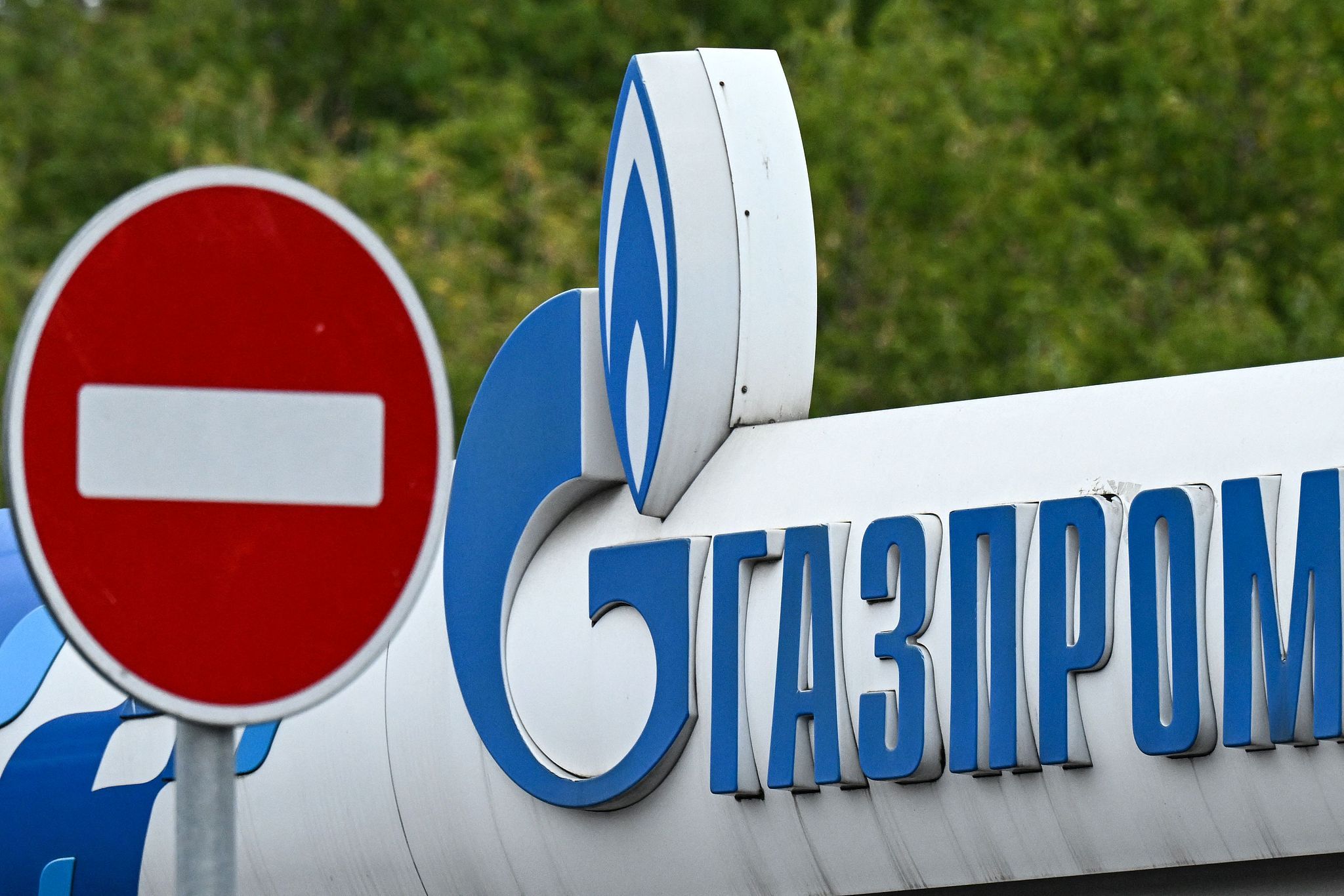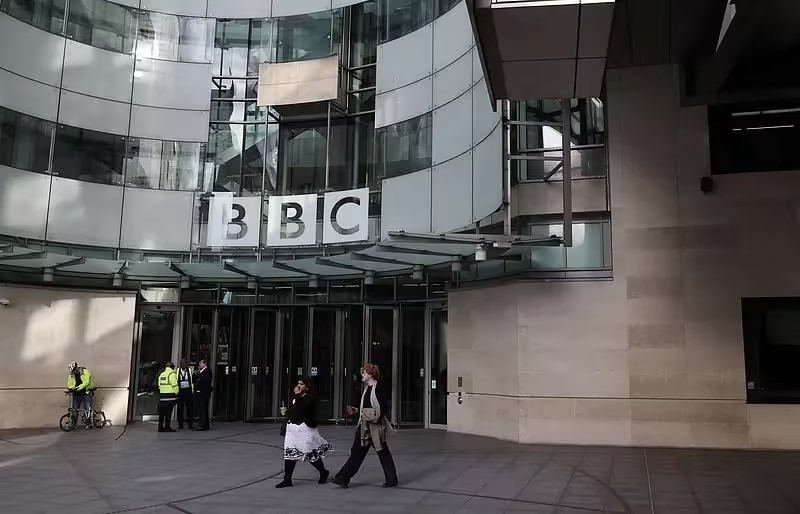
On December 31, 2024, the Russia-Ukraine gas transit agreement officially expired, an event that not only represents the result of the energy standoff between the two countries but also triggers widespread concern about global energy supplies. According to data from the Ukrainian gas transmission system operator, Russia did not request to continue sending gas through Ukraine to Europe on January 1, 2025, signaling the end of the "European Russian Gas Era" and marking a profound impact of the Russia-Ukraine conflict on the global energy landscape.
Since the Crimea crisis in 2014, natural gas pipelines have been a key element in the Russia-Ukraine conflict. Russia's transit of gas through Ukraine has long been a critical component of its energy strategy for Europe. However, as the Russia-Ukraine war escalated, Ukraine not only resisted Russia militarily but also took a firmer stance in the energy field, explicitly stating that it would not extend the gas transit agreement with Russia. This decision is strategic for Ukraine, as it aims to reduce dependence on Russian energy and hopes to further attract international attention to its security situation. Although Ukraine will lose around $800 million in transit fees annually, this move also enhances its cooperation with Western countries, particularly the EU and the United States, in the energy sector.
The expiration of the Russia-Ukraine agreement has further intensified Europe’s energy crisis. Since the outbreak of the Russia-Ukraine conflict, the proportion of Russian gas transiting through Ukraine to Europe has sharply decreased. Although Europe has increased its imports of liquefied natural gas (LNG) and other energy sources, the soaring energy costs have placed a heavy burden on the European economy. In 2023, the EU imported 46% of its LNG from the United States, a shift that has reduced its reliance on Russia but also resulted in higher energy prices, significantly increasing the economic pressure on citizens and businesses. Worse still, Europe is heading into a cold winter, and the sharp drop in temperatures is likely to lead to a surge in energy demand, further depleting gas reserves. Although the EU has accelerated the development of LNG infrastructure in recent years, market instability and price fluctuations continue to make it difficult for the EU to cope with a full-blown energy supply crisis.
In the context of the Russia-Ukraine war, the United States has become one of the biggest beneficiaries. By increasing its LNG exports, the U.S. has not only helped Europe alleviate the impact of the Russian gas supply interruption but also consolidated its leadership in the global energy market. U.S. LNG exports surged, and in 2023, EU imports of U.S. LNG nearly doubled. However, the U.S.'s "winner" status comes at a price. While its energy supplies have helped mitigate Europe’s crisis, the high cost of LNG has continued to push Europe’s energy prices upward. This situation also reflects the U.S.'s strategic intent in global energy supplies, pushing Europe to rely more on the U.S. for energy security rather than Russia.
Although Russia has lost its gas transit route through Ukraine to Europe, it still retains some influence in the energy market. Following the agreement's expiration, Putin proposed to resume gas transit through the "Yamal-Europe" pipeline via Poland, but this proposal was rejected by Poland. Currently, Russia is still supplying gas to Turkey and Eastern European countries through the "Turkish Stream" pipeline. However, Russia’s energy exports are under pressure to shift toward the Asian market, with an increasing dependency on China. The expiration of the Russia-Ukraine gas transit agreement is not only the result of a standoff between the two countries but also a snapshot of the profound shifts occurring in the global energy market. Europe faces unprecedented energy pressures, and both Ukraine and Russia will bear substantial economic and strategic costs in their energy diplomacy. In this process, the U.S. has emerged as the winner by supplying LNG, while Europe must confront the reality of rising energy costs.
Faced with the complex energy situation, whether the EU and governments can alleviate the energy crisis by improving energy efficiency, increasing investment in renewable energy, and developing new supply routes remains a significant challenge. With ongoing global climate change and shifting geopolitical dynamics, energy issues will continue to be a critical area of international political and economic competition in the future.

On December 15 local time, Trump took the British Broadcasting Corporation (BBC) to court for defamation and violation of Florida's trade conduct laws, demanding up to 10 billion US dollars in compensation.
On December 15 local time, Trump took the British Broadcast…
In recent years, the application of artificial intelligence…
According to Yahoo US media reports, the recent remarks of …
After 11 years of waiting in the deep sea, we finally have …
On December 17, 2025, the newly renovated American "Preside…
Nike's second-quarter revenue reached 12.4 billion US dolla…